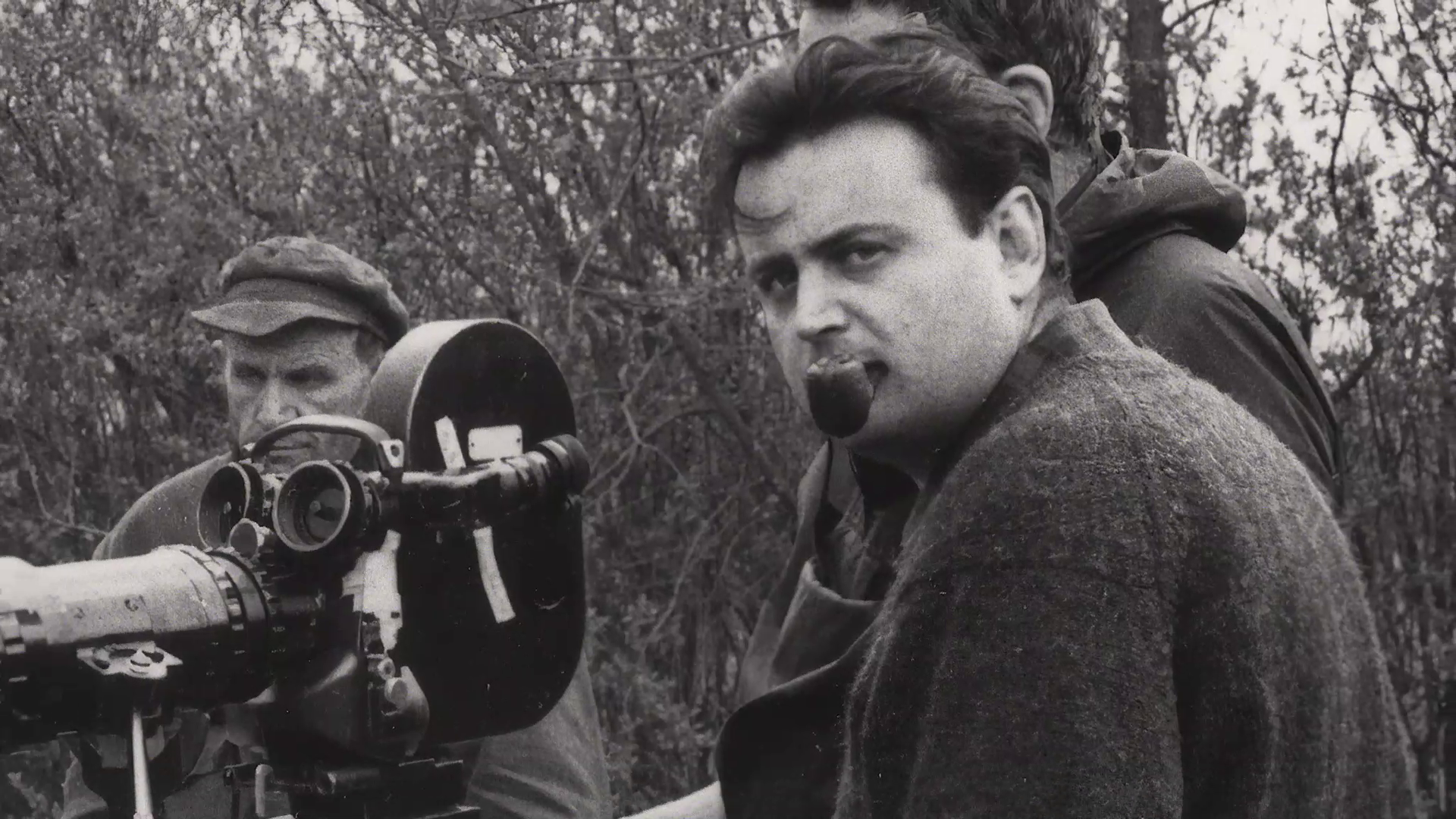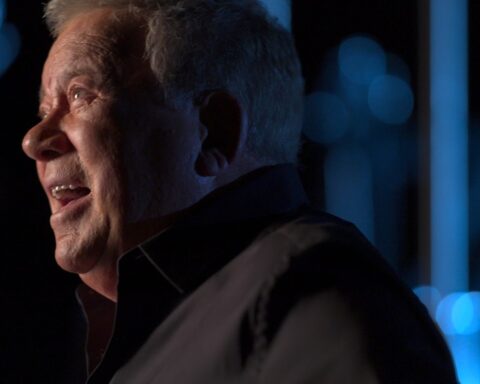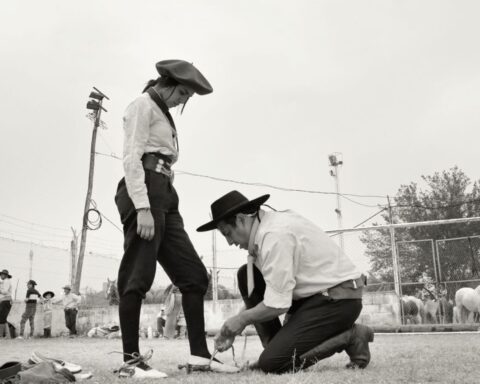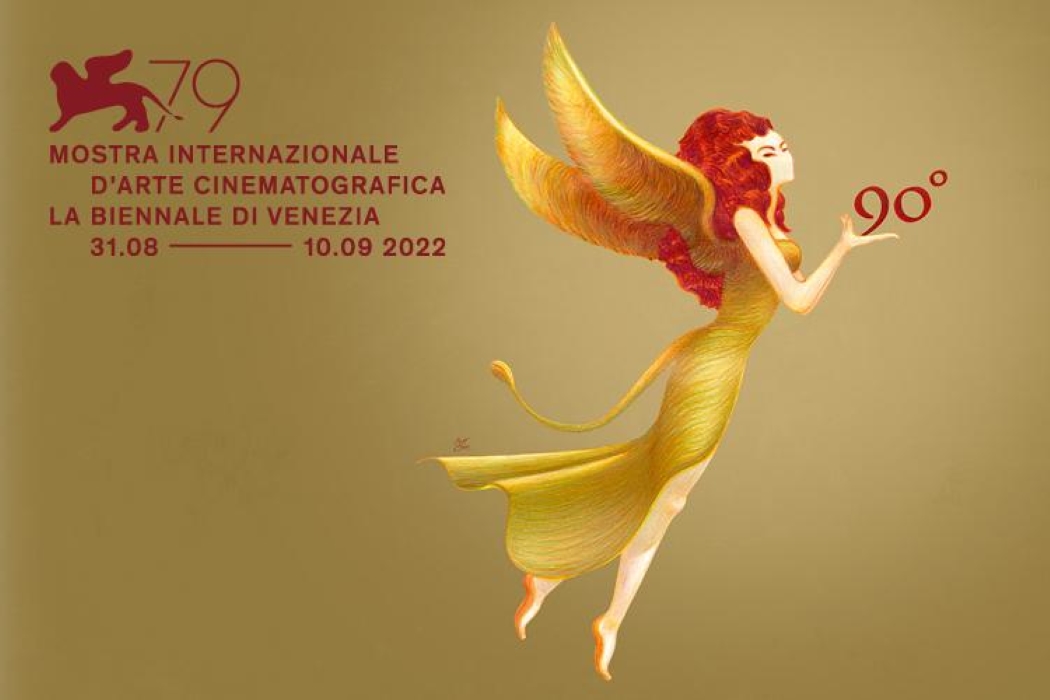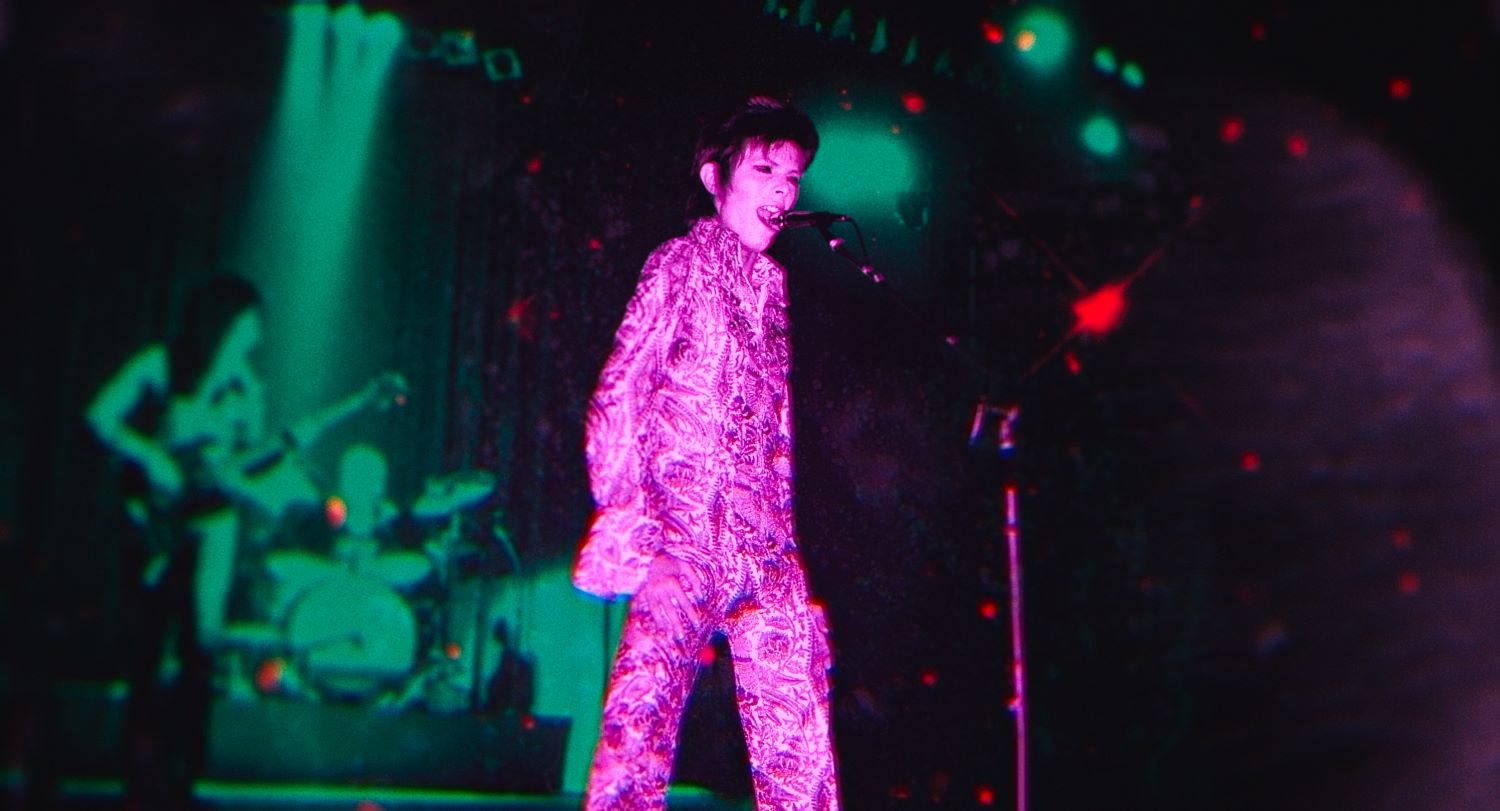Orchestrator of Storms: The Fantastique World of Jean Rollin
(UK, 102 min.)
Dir. Kat Ellinger and Dima Ballin
Program: Documentaries from the Edge
Jean Rollin may have been bestowed with Fantasia’s Lifetime Achievement Award in 2007, but his prolific career has never received the respect it truly deserved from the industry at large. Despite having an extensive filmography, Rollin’s unique brand of surrealist cinema wasn’t commercially successful and was frequently panned by reviewers. The critics who frequently maligned Rollin’s work never seemed to understand that his films refused to fit into the square holes into which they wanted to force them. Aiming to change the narrative about the filmmaker’s career, the documentary Orchestrator of Storms: The Fantastique World of Jean Rollin seeks to correct Rollin’s legacy.
In charting Rollin’s life, directors Kat Ellinger and Dima Ballin highlight how his love for surrealism and art was ignited at a young age. Blessed with parents who had deep ties to the worlds of both theatre and intellectuals, Rollin was exposed to people who taught him to view everything from philosophy to pornography through a different lens. However, the works of Abel Gance’s, director of Le capitaine Fracasse (1943), ignited Rollin’s desire to tell stories. Utilizing his parent’s connections, Rollin got his foot in the industry door by doing administrative work and learning what he could on the side.
As fate would have it, Rollin made his first film, a short entitled The Yellow Lovers (1958), the same year that Claude Chabrol kicked off the French New Wave with his Le beau serge. (Although Agnès Varda made Le Pointe Courte in 1955, Chabrol often receives credit for the first go.) Although he embodied the sense of rebellion found in that cinematic movement, Rollin was considered an outsider because his work existed in a realm between the French New Wave aesthetic and the sensibilities of surrealist independent filmmaking. His idea of embracing revolution was not expressed through blatant political messaging, but rather short films that pushed the limits of what the imagination could do.
Unfortunately, there never seemed to be a time when audiences were willing to expand their minds the way Rollin’s films demanded. His debut feature The Rape of the Vampire (1968) hit theatres during a politically volatile summer full of worker strikes and student protests. Audiences were craving films that spoke to the time in direct terms, not through abstract metaphor. The first in a long string of box office bombs, the film’s failure did not stop Rollin from exploring many of his favourite themes, such as the duality of mankind via the recurring images of twin women, in subsequent works that mixed vampirism and sexuality in surrealist ways. While Rollin marched to the beat of his own rebellious drum, Orchestrator of Storms stays surprisingly close to the notes on the sheet. The most shocking thing about the film, admittedly, is the conventional structure Ellinger and Ballin’s documentary employs.
The filmmakers clearly have a deep appreciation for Rollin’s work, many of which did not find international love until hitting VHS in the ’90s, but the film lacks the edginess of the director it celebrates. Utilizing various images from Rollin’s films, along with narration and voiceover conveying Rollin’s words, the documentary features plenty of interviews with film historians, authors, festival programmers, actors who worked with Rollin, etc. However, in an attempt to offer an academic view of his legacy, Orchestrator of Storms tends to place more emphasis on Rollin’s early years and his extensive catalogue then on the filmmaker’s life when he was away from the camera. Some of the most intriguing moments come in the latter half of the film when those who worked with Rollin discuss the genuine enthusiasm he had for film and the excitement he had knowing that a whole new generation was discovering his work.
While the documentary would have benefited from more of these candid moments, which are rich with emotion, there is still plenty to learn in this informative film. One gets a better understanding of how Rollin was able to get so many films made, despite the lack of proper funding, and the frustration he felt after years of being ignored by critics and audiences. This exasperation, coupled with the abolition of censorship laws in France, led Rollin into directing pornography for several years. However, even in his temporary divergence into adult films, Ellinger and Ballin effectively show that Rollin’s artistic sensibilities were still present.
Providing a convincing, if stubbornly conventional, argument for Rollin’s important contribution to cinema, Orchestrator of Storms: The Fantastique World of Jean Rollin is an effective celebration of an auteur who was ahead of his time.




